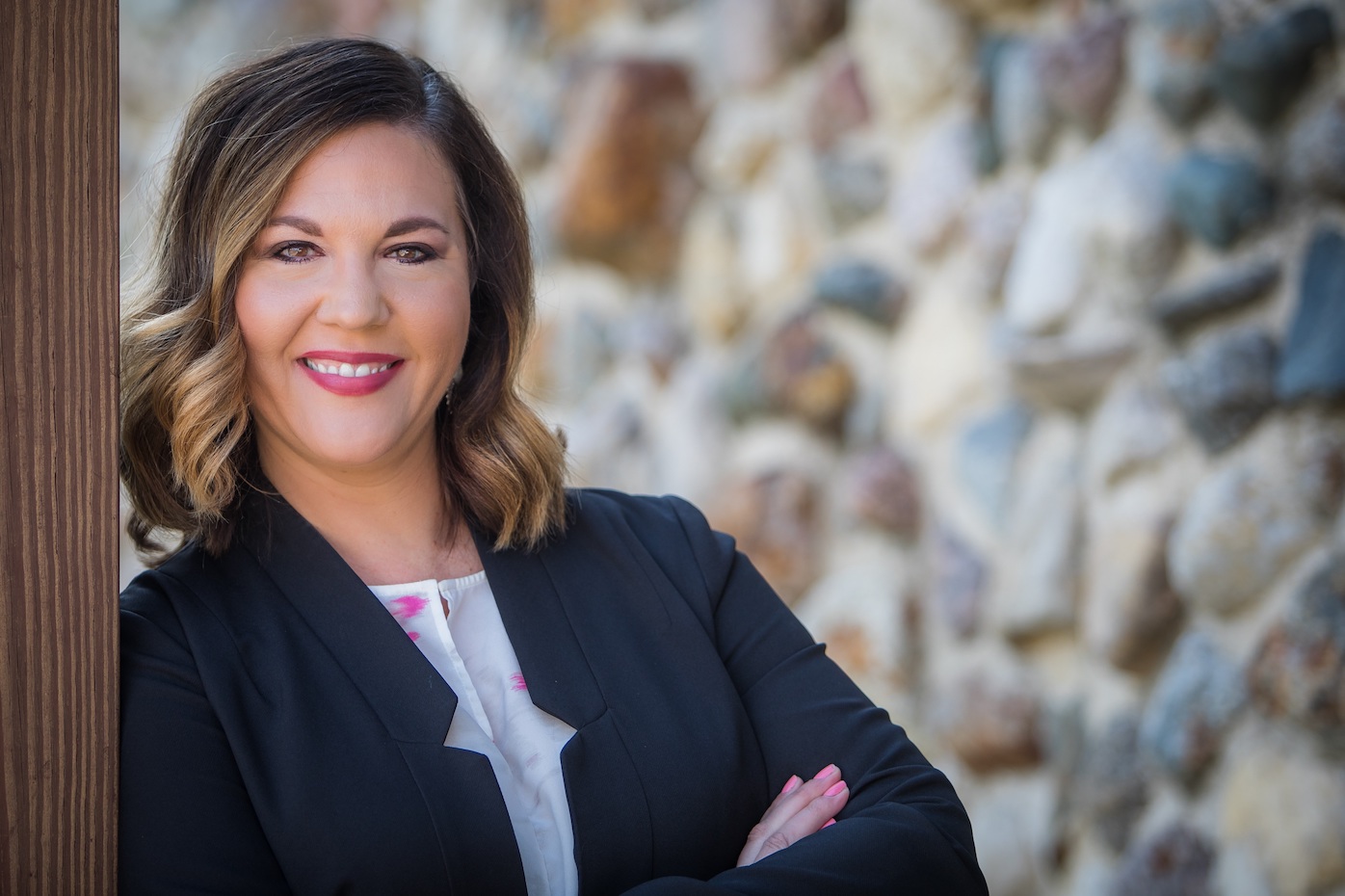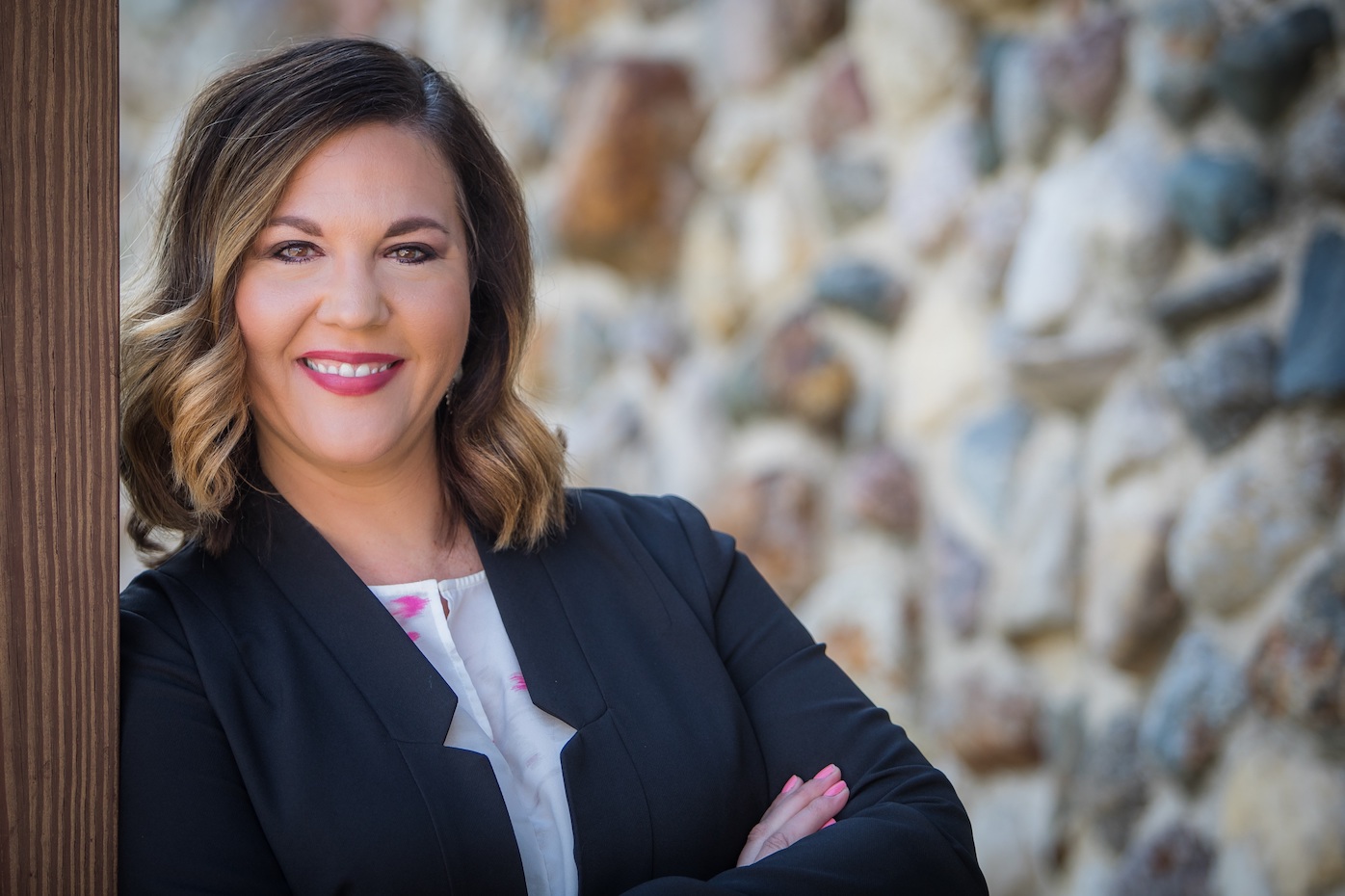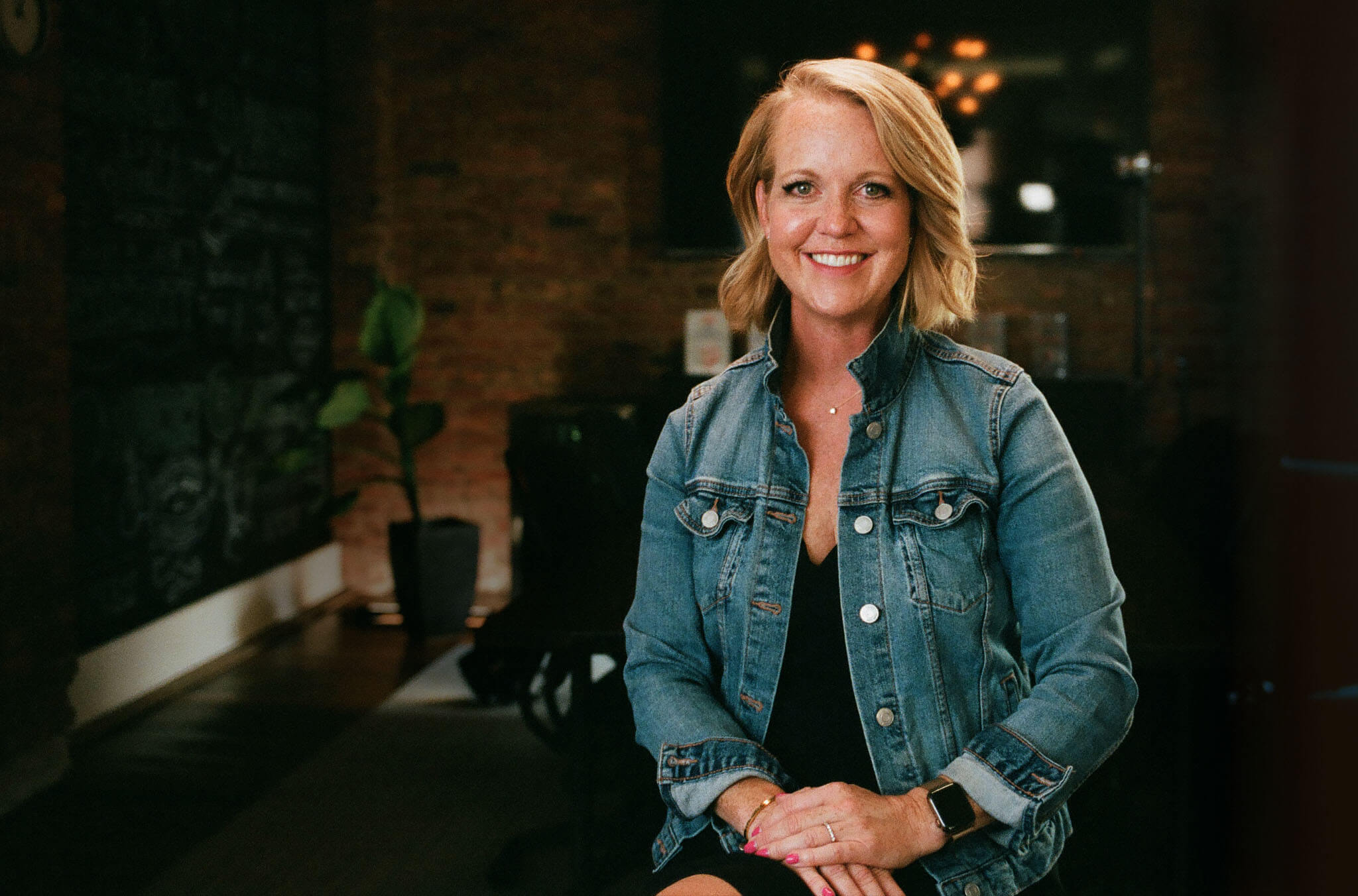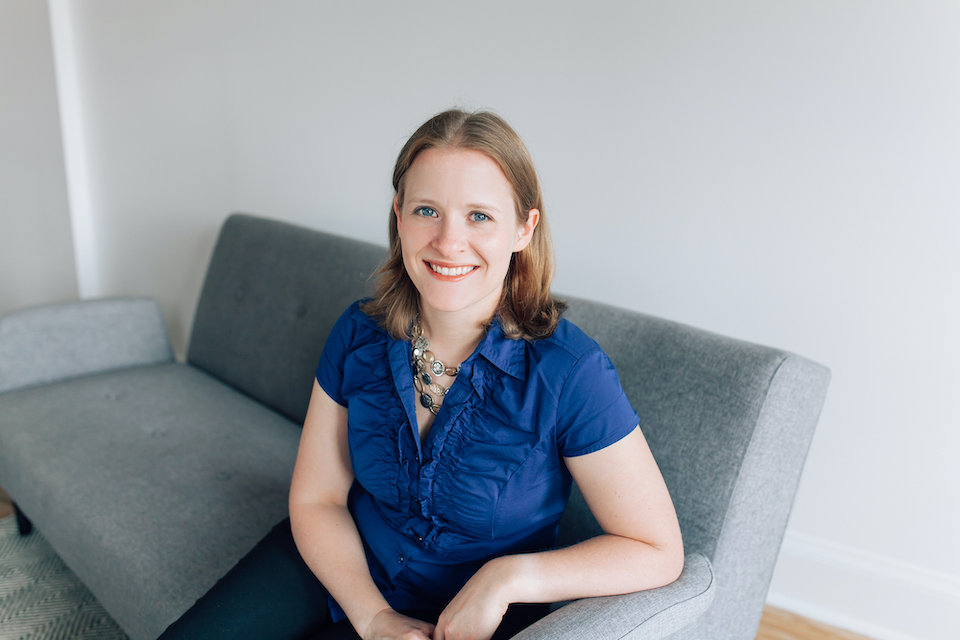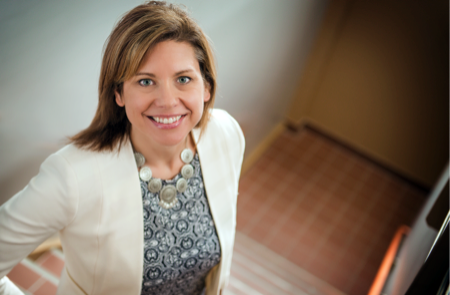Oct. 18, 2021
This paid piece is sponsored by Startup Sioux Falls.
Women play a critical role in our startup ecosystem, making it more vibrant and dynamic, and providing diverse perspectives that drive progress and change.
In Sioux Falls, we’re fortunate to have women at the forefront of many entrepreneurial ventures and resource organizations.
Although celebrating women and ensuring they have the resources necessary for success is a year-round engagement, the month of October gives us a distinct opportunity to highlight women in our ecosystem.
October is recognized as National Women’s Small Business Month, and October 18-22 is National Business Women’s Week. Throughout the month, we encourage you to recognize the women in your entrepreneurial community who are making an impact.
Below, we’re sharing Q&As with some of the women who are leading our ecosystem, as well as highlighting valuable resources and opportunities that are available here in Sioux Falls. At Startup Sioux Falls alone, we have an incredible lineup of staff, board members, volunteers and community builders who give so much of their time and talent to our organization and city.
Brienne Maner, executive director, Startup Sioux Falls
How did you first get involved in the startup ecosystem, and how have you gotten to where you are now?
I had the opportunity to work for Electric Pulp in 2004 as an account manager. I had recently relocated from Minneapolis and was craving an opportunity that would acclimate me to the business community in Sioux Falls but also felt “big city.”
The opportunity to work in a hip area of downtown for an innovative agency felt a bit like winning the lottery. I learned a ton, worked with great people, connected with countless companies locally and nationally, and was humbled by the experience.
I eventually went on to work for another startup at the South Dakota Technology Business Center (which later became the Zeal Center for Entrepreneurship). It was exciting, rigorous and overwhelming; I could feel the pressure the executive team was under knowing that they had to ideate efficiently in order to advance to the next round of investments.
I’ve definitely come full circle, and all of my passions are fused into this wonderful opportunity at Startup Sioux Falls — supporting entrepreneurship, the greater Sioux Falls community and the downtown neighborhood.
Why do you think it’s important for women to have leadership roles in the startup community?
Those who fall within underrepresented populations absolutely need to see someone like them in leadership roles, especially young people as our student population is 60 percent white and 40 percent diverse.
I feel privileged to be in the position I’m in, though I feel I earned this seat because of my hard work —not just because I’m a woman. That being said, I feel it is my responsibility to ensure I’m creating more opportunities to lift others up along the way.
Do you think women have unique needs when it comes to business?
I think most women would argue that we don’t want to be labeled as less than or weak in the business community because we choose to become mothers and caretakers, but the reality is that access to affordable and quality child care is a significant need.
Women need opportunities to be invited to the table by men, especially in the area of venture capital as reports show that only 15 percent of VC funding is allocated to female founders.
Karla Santi, CEO and founding partner, Blend Interactive; board member and mentor, Startup Sioux Falls
Tell us about your journey as a founder and mentor.
I had partners who started the business with me, but back in the day as far as resources, there was really just the South Dakota Technology Business Center, and at the time, they were looking at bio or software companies who were building a product, and we didn’t fit into either of those molds. So we were kind of scrappy and figured it out on our own, which is why I understand the importance of having that community now. It’s great knowing there are so many like-minded people going through the same problems that you can help each other solve.
The questions that the people I mentor are asking are the same questions I had when I started out. I think there’s a lot of overlap no matter what your product or company is. Sometimes it’s things like how you cope with the time involved if you’re running a family. There are a lot of similarities between entrepreneurs even if it’s not business-related.
What else has mentoring taught you throughout your career?
I’m usually mentoring someone who’s just starting out. When you hit a certain point — I’ve been running a business for 16 years now — if something happens like somebody resigns or you run into some kind of challenge, you may not know who to ask for advice. I’ve learned that it’s important to have a network of other women to go to. To find that connection with peers is challenging in this area because we’re all at different stages of our careers, but you need people who understand what you’re going through.
There have been a lot of people, men especially, who really supported me, even back when I was an employee. I remember my first boss; he got a new office, and I said, “Wow, this is so great,” and he responded, “Well, you’re going to have one of these someday.” So from day one, I felt like I always had mentors who lifted me up and took me under their wing. These people really made an impact on my confidence in running a company, and they often saw things in me that I didn’t see in myself. That’s one of the main reasons I choose to mentor — if I can have an impact on someone else, I think that’s important.
Why do you think it’s important for women to have leadership roles in the startup community?
It’s important to serve as a role model if you’re at the point where your business has gained some success. It’s important to show others that starting a business is possible, whether that’s through mentoring, public speaking or just being involved in the community.
Women sometimes have more doubt and lack self-confidence in their abilities, and it’s important to demonstrate to other women that what they want to achieve is possible.
Maureen Ohm, chief of staff, MarketBeat; event manager, Startup Sioux Falls
How and why did you first get involved in the startup ecosystem here in Sioux Falls?
My introduction was via 1 Million Cups, where I was first an attendee and ultimately joined the organizer team. My involvement grew when Startup Sioux Falls started having in-person events two years ago. I fell into the role of event manager and have had the pleasure of planning dozens of events for the startup ecosystem.
I’m naturally a connector — it brings me joy to connect people with people and resources. It’s something every business owner can benefit from. I also love cheering on local small businesses; they add character, charm and value to Sioux Falls.
Why do you think it’s important for women to have leadership roles in the startup community?
You’ve probably heard boys and men called “leaders” in the same context that you’ve heard girls and women called “bossy.” From a young age, females are often taught “how to be a lady,” while at the same time, young males are taught to be ambitious and take charge. It’s pretty hard to start your own business if you don’t have the courage to take charge, and there are a lot of women with great ideas who just need to be noticed and encouraged.
Some of that can come just from seeing women represented in leadership roles in the startup ecosystem. Representation makes people feel accepted and empowered, and having women in leadership roles is also helpful because they’re more likely to notice a female entrepreneur who will benefit from support and key connections in order to follow through with her dream. It’s more likely that female leaders will take the time to encourage other women to be ambitious and take charge — a message that many women just haven’t heard directed at themselves.
Nikkee Rhody, executive vice president of strategy, Central Payments; co-founder and managing director, Falls Fintech
Tell us about your evolving role in the startup ecosystem.
I’m a Sioux Falls native through and through. I spent a couple decades in banking, and when I felt like I had done what I needed to do in that field, I went into the nonprofit space for three years. That gave me a taste for a different industry, and I had the privilege of meeting with more people over coffee and getting more embedded into the Sioux Falls community in general.
I decided to get back into banking, and I was looking for an organization that would challenge the status quo. That’s when I connected with Trent Sorbe, the president of Central Payments. They’re very mission-focused as a for-profit business, and I felt like that was a good next step for me to merge the mission-minded nonprofit sector with my experience in banking.
When I had been with Central Payments for about a year, we decided to launch Falls Fintech. We knew it had to be in the heart of Sioux Falls, and as part of that, we had to learn more about the startup community. Something I’ve learned in the last couple years is that entrepreneurs work harder than anybody else because there’s so much at stake. Entrepreneurs are going to change the world.
Why do you think it’s important for women to have leadership roles in the startup community?
We’ve come a long way as a society in bridging the gap between men’s and women’s rights, pay scales and opportunities, but we still have a ways to go. Women tend to think just a smidge differently than men, and I think that’s a natural wiring and a gift that we have. Men are generally more one-track-minded, where women are a bit more comprehensive in the way that we look at things, and I think both sides need to be represented. I’d say it’s more about leveling the playing field and demonstrating that women can play in this space just as equally, if not better, than men.
As far as Sioux Falls is concerned, in general, I feel like our community is very inclusive. I think it’s more about continuing to put our money where our mouth is and letting women showcase their leadership abilities.
Joni Ekstrum, executive director, South Dakota Biotech
Tell us about South Dakota Biotech and its place in the startup ecosystem.
S.D. Biotech is a trade association dedicated to developing biotechnology through expanding research, advocacy, funding, education, infrastructure development and promotion. Many biotech companies in this state are startups that need help with financing, mentorship and finding lab space and service providers. We work to connect them to the resources necessary to advance their company.
Why did you become interested in working for an organization that supports entrepreneurs?
Biotech is an exciting field. The companies I represent range from cancer researchers to ag-tech, but they’re all dedicating their work to making our lives better. I got interested in this work because I’m fascinated with technology and recognize its importance to society.
Moreover, startups in this industry have different challenges than most. Their pathway to success typically requires millions of dollars in funding from federal, state and private sources. Additionally, entrepreneurs need a special kind of mentorship targeted to their field, and because the industry is emerging, finding those experienced mentors can be challenging. The day-to-day operations are never the same, which makes my job interesting.
Why do you think it’s important for women to have leadership roles in the startup community?
Women should have the same ability to be leaders as men. By and large, I believe that to be the case, and I consider it my job to mentor young women striving for leadership roles to help them develop their skills and find their confidence.


